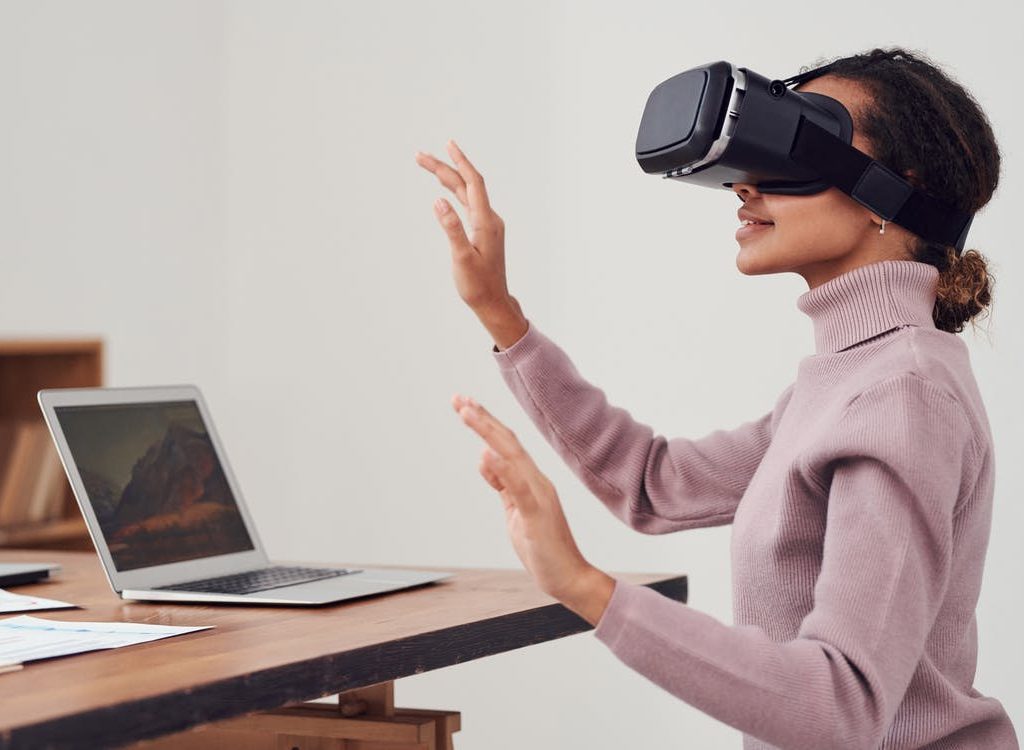How does technology help fight coronavirus, and how does it affect their development? The tech industry has been hit by the coronavirus. The suspension of production, disruption in supply chains, and the closure – albeit temporary – of offline stores of such giants as Apple and Tesla have affected the profits of tech corporations.
On the other hand, the coronavirus has not only accelerated the digital transformation of enterprises – many had to move almost all processes online – but also forced scientists to find new ways to use high technology for their own purposes. All means are used to fight the coronavirus, including artificial intelligence and big data.

Scientific literature
The White House, Microsoft, and a group of American institutions have teamed up to create the COVID-19 Open Research Dataset (CORD-19). This is the most comprehensive collection of scientific literature on coronavirus generated by artificial intelligence to date. It contains over 30 thousand articles. The US government has called on AI specialists to help develop new methods for analyzing text and data that will make it possible to extract important information from a huge amount of data. Scientists are interested in what is already known at the moment about the incubation period of the virus and the methods of its transmission, who is at risk, is there a chance of recovering without medication, and much more.
AI
BenevolentAI uses artificial intelligence systems to create medicines for the most serious diseases. A few weeks after the outbreak of the coronavirus, the manufacturer tuned its system to match existing drugs that could help against COVID-19.
Virtual clinic
Medtech startup BestDoctor has launched a free virtual clinic. If you cannot get to a scheduled doctor’s appointment due to quarantine or self-isolation, consult him/her online.
Virtual lesson
In the USA, the teacher gave a geometry lesson in virtual reality. Charles Cumber of San Diego believes the theme is best absorbed through the VR game.

Folding@Home
Scientists at Stanford University have created a “distributed capacity” project called Folding@Home (FAH) to help find a vaccine against COVID-19. It works by plugging in unused computing power from computers and game consoles around the world. Once connected, they will create a virtual supercomputer that researchers will use to search for a vaccine. This promotion was supported by NVIDIA, Intel, MSI, NZXT, and Razer.
Market
3 out of every 4 startups experienced a decline in revenues after the onset of the crisis. Every crisis creates opportunities. For example, more than half of Fortune 500 companies got their start during economic downturns, and more than 50 unicorns (startups worth over $ 1 billion) were created during the Great Recession alone, according to Startup Genome.
The coronavirus crisis is no exception: 12% of startups have seen revenue growth of 10% or more since the crisis began, and 1 in every 10 startups are created in an industry that is currently experiencing growth.
Startups that supply goods or services to end-users are three times more likely to belong to industries experiencing growth than startups that supply products or services to businesses.
